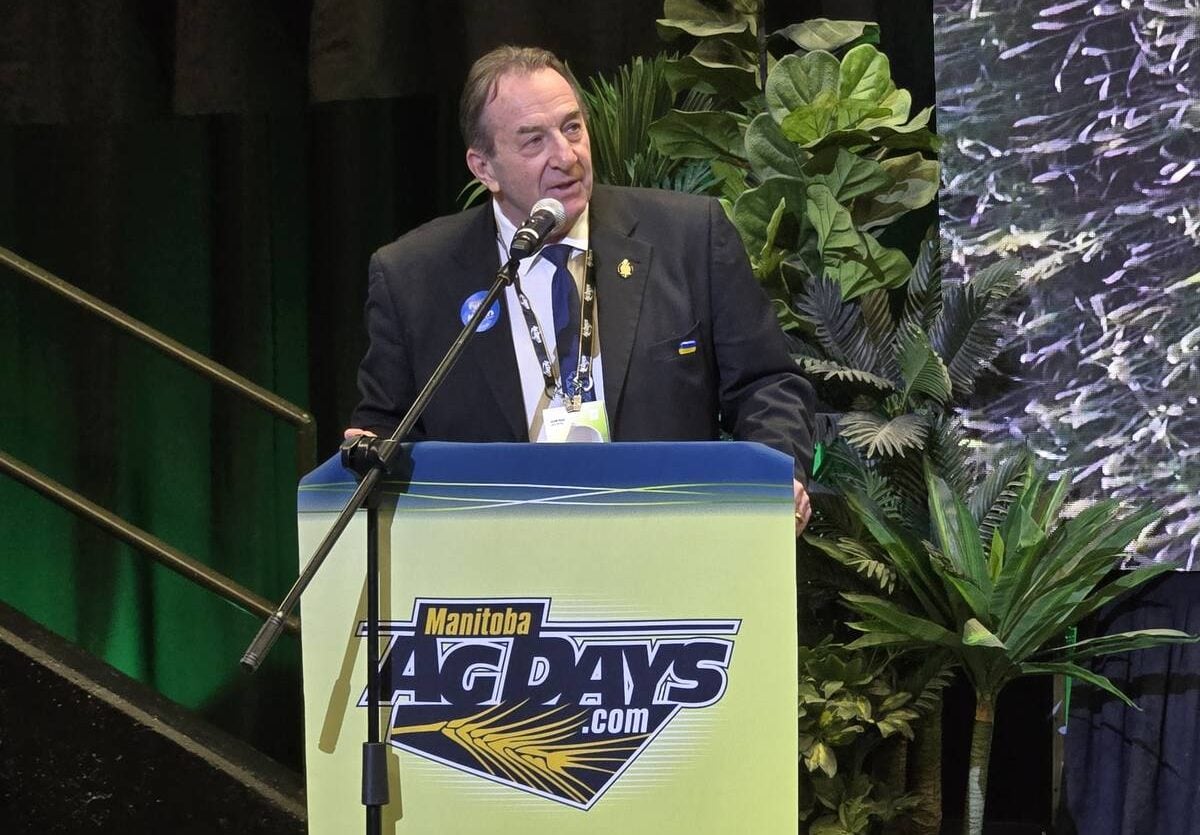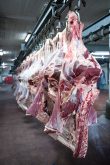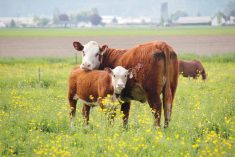A trio of Canadian meat associations is protesting what they call a bad trade deal in advance of the United Kingdom’s acceptance into the Comprehensive and Progressive Agreement for Trans-Pacific Partnership (CPTPP).
The recently launched “Say no to a bad deal” campaign implores the federal government to delay its acceptance of the U.K. until a fair meat trade deal is negotiated between that nation and Canada.
The issues echo troubles from CETA, Canada’s European trade agreement, that promised access for Canadian beef and pork but resulted in little gain for those industries due to regulatory issues on carcass washes.
Read Also

Manitoba crop insurance expands wildlife coverage, offers pilot programs
New crop insurance coverage is available to Manitoba farmers.
“The Canadian beef and pork industry believes that an agreement with the U.K. that leaves a significant barrier in place and politicizes food safety decisions … does not meet the standard of the CPTPP,” read a joint release by the Canadian Cattle Commission, the Canadian Meat Council and the National Cattle Feeders’ Association.
“Therefore, the U.K.’s bid to become a member should be delayed until they can do better to meet the progressive trade principles of the CPTPP.”
The dispute is based on an anti-microbial product, peroxyacetic acid, that Canada uses on meat carcasses to prevent E. coli. The U.K. doesn’t use this on meat, and regulations over the practice have limited how much Canadian meat can land on U.K. shores.
The Canadian meat lobby describes this as a non-tariff trade barrier.
“We want fair trade that includes the U.K. accepting Canada’s full food safety system so that the beef and pork sectors can have viable access to the U.K. market,” the groups have said.
“Failing that, we are asking Parliament to ensure producers and processors are fairly compensated for the damages and losses that will result.”
The federal government has already given its approval to the U.K.’s bid to join the CPTPP but it still has to be passed in the House of Commons.
The meat groups’ campaign is a departure from a history of compliance with international trade agreements, said an official with the Canadian Cattle Association.
“We haven’t just said to [the federal government], ‘we’re not going to support you implementing this.’ We’ve said, ‘we are going to oppose you and we are opposing you,” said the CCA’s John Masswohl.
“We sat down with the minister’s staff. We told them our concerns. They said, ‘we hear your concerns, we’re very aware of your concerns, we tried to address your concerns, but we’re going ahead anyway.’
“I think what we have to do is work with the opposition parties, and that is why we have launched this campaign, to let cattle producers and other farmers all across the country know that this is a battle. This can happen in Ottawa, and we need all these farmers across the country to tell their members of parliament to vote against the bill that will ratify this agreement.”
Masswohl pointed to inconsistencies in the interim meat trade agreement between the two countries.
One is that the U.K. allows use of peroxyacetic acid to attack bacteria in other foods but not meat.
“You can’t have it both ways. You can’t say it’s safe for this thing that matters to us and it’s not safe for that thing that matters to you,” he said.
“I think they’re dead in the water if they try that argument. I would say it’s certainly worth a WTO (World Trade Organization) sanitary and phytosanitary case, and I think we would win it handily.”
Masswohl said peroxyacetic acid doesn’t have to be used to effectively control E. coli, but Canada’s food safety system considers it risky not to do so. Canada allows meat imports from the U.K. based on other methods to satisfy the strict Canadian E. coli standards.
“You can meet the E. coli standard without using it most of the time, but if we were to test [U.K. beef] – and I think we probably should be testing all their meat that comes here – I think we will probably find that they have a higher reject rate than we would expect,” Masswohl said.
There seem to be different expectations of consumer behaviour between the U.K. and Canada where it comes to meat, he added.
“The legal context in which we operate in Canada and North America is different than the legal context in which they operate,” he said.
“In the U.K. and in Europe generally,they expect the consumers to cook the meat properly. If the consumer gets sick from not cooking properly or inproper meat handling or kitchen hygiene, it’s [the consumer’s] fault.
“Here, if somebody gets food poisoning because they didn’t properly cook their meat – because cooking it will kill the E. coli and most bacteria – or they don’t wash their hands and they cross-contaminate their kitchen, it’s the company’s fault.”


















